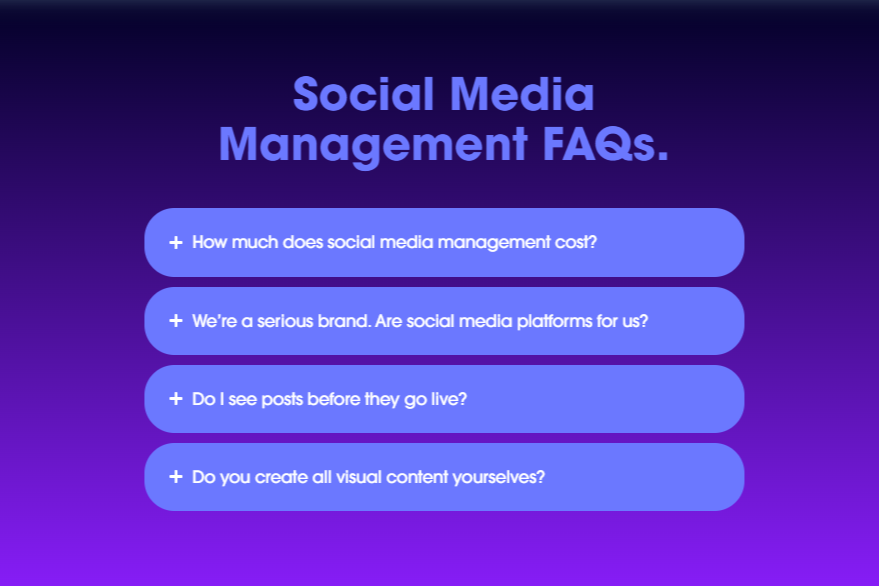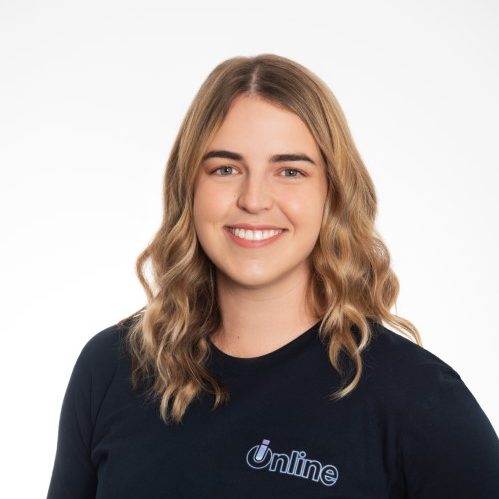What is SEO?
While SEO and SEM may sound similar, they are two distinct approaches to search engine marketing.
Search Engine Optimisation (SEO) is the process of optimising your website to rank higher in search engine results pages (SERPs) for specific keywords and phrases. The goal of SEO is to drive more organic traffic to your website. This is achieved by making changes to your website’s content and structure to make it more appealing to search engines like Google.
SEO involves a range of techniques, including:
- Keyword research: Identifying the keywords and phrases that your target audience is searching for.
- On-page optimisation: Making changes to your website’s content and structure to make it more appealing to search engines.
- Link building: Acquiring backlinks from other websites to improve your website’s authority and credibility.
- Technical optimisation: Ensuring your website is technically sound and easy for search engines to crawl and index.
What is SEM?
Search Engine Marketing (SEM), on the other hand, is a broader term that includes various strategies used to increase your website’s visibility in search engine results pages. SEM includes both organic and paid search tactics.
SEM involves a range of techniques, including:
- SEO: As mentioned above, SEO is a key component of SEM.
- Pay-per-click (PPC) advertising: Paying for ads that appear at the top of organic search engine results pages for specific keywords and phrases.
- Display advertising: Placing ads on websites that are part of the Google Display Network.
- Social media advertising: Running ads on social media platforms like Facebook, Twitter, and LinkedIn.
The key differences between SEO & SEM
The main difference between SEO and SEM is that SEO focuses on optimising your website to rank higher in organic search results, while SEM involves both organic and paid search tactics to increase your website’s visibility in search engine results pages.
It’s important to note that while SEO and SEM are different approaches, they can work together to improve your website’s visibility in search engine results pages. By using both tactics, you can increase your website’s visibility and drive more traffic to your website.
When it comes to digital marketing, SEO and SEM are two terms that are often used interchangeably. However, they are not the same thing. The table below shows the key differences between SEO and SEM that you need to know.
| Aspect | SEO | SEM |
|---|---|---|
| Nature | Organic, non-paid strategy | Paid advertising strategy |
| Primary Goal | Increase organic website traffic | Increase website visibility and targeted traffic through paid ads |
| Methods | On-page optimisation, off-page optimisation (e.g., link-building), technical SEO | Paid advertising campaigns through platforms like Google Ads, Bing Ads |
| Timeframe for Results | Results take time (several months) | Immediate results with ongoing optimisation |
| Cost | Typically no direct cost (except for labor) | Paid cost per click (PPC) for ad placements |
| Long-term Sustainability | Sustainable over time with consistent effort | Immediate impact, but dependent on continued ad spend |
| Control Over Placement | Limited control over exact search result placement | Control over ad placement based on bidding and targeting |
| Examples of Platforms/Tools | Content optimisation, backlink building, SEO plugins, etc. | Google Ads, Bing Ads, social media advertising platforms, etc. |
SEO Overview
If you want to improve your website’s visibility and attract more organic search traffic, you need to understand search engine optimisation (SEO). SEO is the process of optimising your website to improve your organic search rankings and attract more relevant traffic from search engines.
To optimise your website for SEO, you need to focus on several key factors, including keyword research, website content, backlinks, on-page SEO, off-page SEO, technical SEO, and more. Let’s take a closer look at each of these factors.
Keyword Research
Keyword research is the process of identifying the keywords and phrases that your target audience is using to search for your products or services. By understanding the keywords that your target audience is using, you can optimise your website content to better match their search intent.
Website Content
Your website content plays a critical role in your SEO strategy. You need to ensure that your website content is high-quality, relevant, and engaging. Your content should also be optimised for your target keywords and provide value to your audience.
Backlinks
Backlinks are one of the most important factors in SEO. High-quality backlinks from authoritative websites can help improve your organic search rankings and attract more relevant traffic to your website.
On-Page SEO
On-page SEO refers to the optimisation of your website’s individual pages. This includes optimising your page titles, meta descriptions, and structured data. You also need to ensure that your website content is properly formatted, includes relevant keywords, and is easy to read.
Off-Page SEO
Off-page SEO refers to the optimisation of your website’s external factors, such as backlinks and social media presence. You need to ensure that your website is being linked to high-quality, authoritative websites and that your social media profiles are active and engaging.
Technical SEO
Technical SEO refers to the optimisation of your website’s technical elements, such as site speed, mobile-friendliness, and crawling. You need to ensure that your website is fast, easy to navigate, and accessible to search engines.
SEM Overview
Search Engine Marketing is a paid advertising method that aims to increase visibility and drive traffic from both organic and paid search results. SEM campaigns involve optimising website content and paid search results to improve the website’s ranking on search engines.
One of the key components of SEM is keyword research. By identifying relevant keywords and phrases, you can optimise your website content and paid search ads to target your desired audience. SEM campaigns involve creating ad copy, setting bids, and selecting ad platforms to ensure that your ads are displayed to the right audience.
When it comes to paid search results, Google Ads is the most widely used platform. Google Ads allows you to create text ads, display ads, and shopping ads to target your audience. It also provides detailed analytics and tracking tools to help you measure the success of your campaigns.
In addition to paid search results, SEM also involves optimising website content to improve organic search results. This includes optimising website structure, site speed, images, and other factors that can impact your website’s ranking on search engines.
Quality Score is another important factor in SEM campaigns. It is a metric used by Google Ads to measure the relevance and quality of your ads and landing pages. A higher Quality Score can lead to lower costs per click (CPC) and higher ad rankings.
SEM campaigns are an effective way to improve brand awareness, drive web traffic, and increase conversions. If you target specific keywords and audiences, you will create highly targeted campaigns that are more likely to convert.
Which Is Better? Choosing the Right Approach
When it comes to improving your website’s visibility in search engine results pages (SERPs), you have two main strategies to choose from: Search Engine Optimisation (SEO) and Search Engine Marketing (SEM).
Choosing the right approach for your website depends on a number of factors, including your budget, your goals, and your target audience. If you have a limited budget, SEO may be the better choice for you, as it can be more cost-effective in the long run. However, if you’re looking for faster results or need to generate sales or leads quickly, SEM may be a better option.
Ultimately, the right approach for your website will depend on your specific needs and goals. You may need to test different strategies and approaches to determine which one works best for you.
SEO and SEM are two distinct digital marketing strategies that can help you drive traffic to your website. Both are important and can work together to achieve your marketing goals.
When choosing between SEO and SEM, it depends on your business goals, budget, and timeline. If you’re looking for long-term results and have a limited budget, SEO might be a better option. However, if you want to get quick results and have a larger budget, SEM can be a good choice.
However, both SEO and SEM are important for a successful digital marketing strategy. By understanding the differences between them, you can choose the right approach for your business and achieve your marketing goals.













